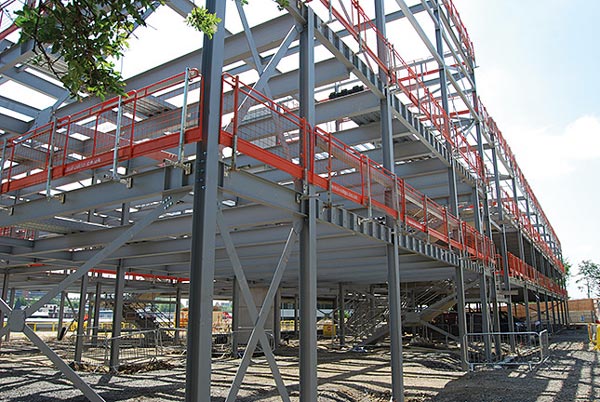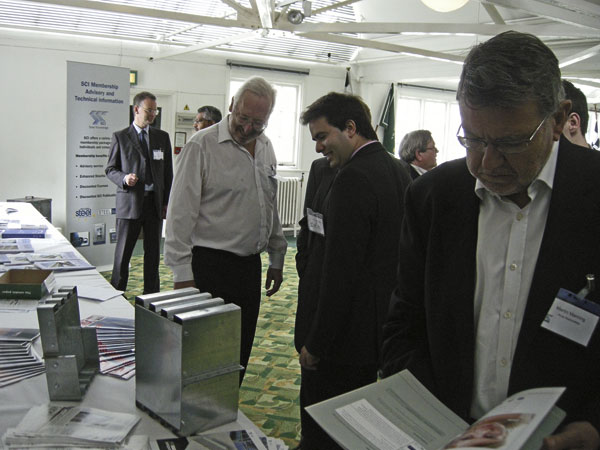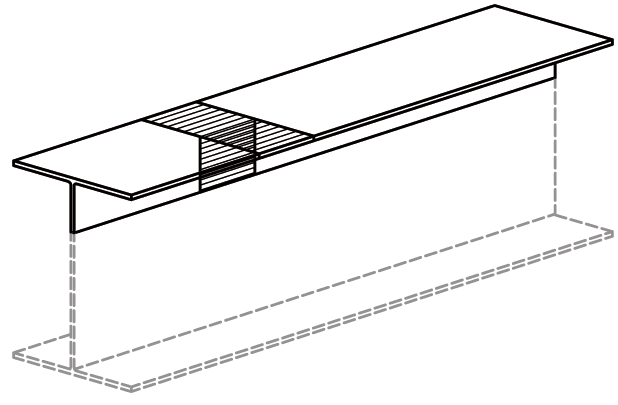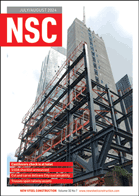News
UK average embodied carbon of structural steel
In the April edition of New Steel Construction, British Constructional Steelwork Association (BCSA) and Steel Construction Institute (SCI) published an average embodied carbon value for structural steel sections used in the UK construction market. This was based on a 3-year (2016-18) average of total UK demand and the split of domestically produced and imported sections based on data provided by International Steel Statistics Bureau (ISSB). BCSA has now received the data for 2019 and has updated this average.
Environmental information, including embodied carbon, for steel construction products is commonly made available to designers by means of environmental product declarations (EPD). These are generally producer or product-specific declarations. During the early design stages however, where the steel supplier is unknown, the question arises over what embodied carbon value to use for structural steelwork.
In addition to steel production carbon emissions (Module A1) data are also provided for Module D which is an important metric for quantifying the circular economy and particularly the inherent reuse and recycling benefits of structural steel. Note that Module D has been calculated using the methodology included in the World Steel life cycle inventory report. The negative Module D values indicate a saving through future reusing and recycling of the steelwork.
BCSA and SCI recommend the use of the following 2017-19 market average value:
- For Module [A1], 1.74 tCO₂e/t of sections.
- For Module [D], −0.93 tCO₂e/t of sections.
BCSA will update these recommended averages periodically going forward.
For further information, please contact Ana M. Girão Coelho
(ana.girao-coelho@steelconstruction.org)
Acknowledgments
The BCSA gratefully acknowledges the support from the International Steel Statistics Bureau (ISSB Ltd). The ISSB is a leading supplier of global trade data for steel and raw materials,
https://www.issb.co.uk/














